Shetland Sheepdog
The Shetland Sheepdogs were helping Scottish farmers raise and care for sheep and poultry for centuries. They have been named after the Shetland islands that were their original living and working area. These dogs are one of the best competitors in sports such as agility and have successfully migrated to a more peaceful life of a human companion and a pet.
This breed is nicknamed Sheltie and is often mistaken for small rough-haired Collies. They are, of course, two completely different breeds that are unique. The Shetland Sheepdog is an excellent watchdog that will alarm you about anyone and anything approaching their territory.
They are enthusiastic barkers that will only stop barking when the threat has passed. These dogs are great pets that are really great with children but are mostly indifferent to strangers and guests.
The Shelties are extremely intelligent, so much so that some experts rank them in the top 5 most intelligent dog breeds in the world. Sheltie owners will certainly tell you how smart these dogs actually are and how good they understand their surroundings.

Height:
13–16 in (33–40,5 cm)

Weight:
15–25 lb (7–11 kg)

Origin:
Great Britain

Life Expectancy:
12-14 years
Dog Breed Characteristics
Grooming
Shetland Sheepdog has a short and dense undercoat and a harsh and long outer coat. These dogs require proper weekly brushing to keep the amount of hair under control. During shedding season, these dogs will blow out their entire coat, and during that period, daily brushing is a must to keep his look at the best.
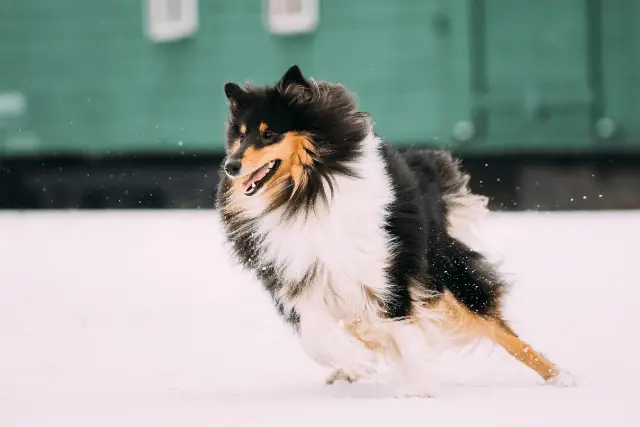
Shetland Sheepdog coat colors:
- Black
- Blue merle
- sable
The rest is basic care; trim their nails when needed (if they don't wear them down naturally), brush their teeth weekly to prevent tartar buildup and bacteria development. Regularly check their ears for any sign of redness or a bad odor that can indicate an infection.
You can wipe their ears with a cotton ball dipped into an ear cleaner. The key for your dog to get used to all things mentioned above is to start early with them. Make a positive experience for the dog, full of praises and rewards, and you can be sure that your dog will enjoy all these things when they grow up.
Exercise
This is a high-energy dog that requires daily activity to spend his energy. Shetland Sheepdog will enjoy all the fun activities such as long walks, hiking, canine sports, or just playing with their owner. To make this dog happy, you will have to devote your time to playing sessions if you don't want him to develop behavior problems.

In fact, they will become bored and destructive if they don't spend all their energy outside.
Socialization
As a pet, the Shetland Sheepdogs can be wonderful. They get along great with all family members and love spending time with them. They aren’t made for a watchdog’s role because they are relatively friendly, even with strangers.
They are an energetic breed but won’t mind a lazy afternoon if they had a couple of active days before. They are best suited for homes with yards where they can explore and spend their excess energy.
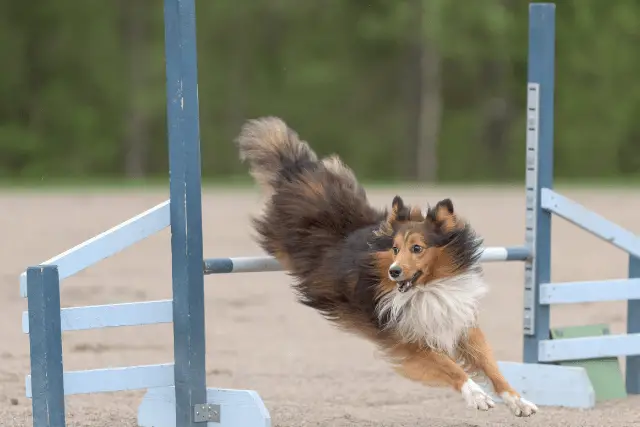
Socialization can even be done at home. Dress differently; wear glasses, hats, and baggy clothes so your puppy can’t recognize you right away. Teach your puppy to stay alone and not make a fuss about it. It is the best way to make sure your puppy will grow up to be a stable, confident, and well-behaved dog.
Kids
Shetland Sheepdogs are excellent family dogs that will get along with every family member, including children. Take note that kids need to be taught how to properly play and interact with a dog so Shetland Sheepdogs can enjoy their company. If they are raised together from an early age, they will be playing parting, and they will enjoy spending time together.
Other animals
These dogs can get along well with other dogs and can enjoy their company. Because of their herding instinct, they might try and herd other, smaller dogs. Generally, the Shetland Sheepdog is a great pet to have if you already have other pets at home. They are extremely friendly and love having company, so your Shetland Sheepdog won’t mind other pets.

Health problems
Like any other dog breed, the Shetland Sheepdog can potentially develop health problems. If you are buying a dog, ensure the breeder can provide you with the necessary health tests and guarantees. Always ask to see the results of tests from the puppy’s parents.
The health problems these dogs are associated with are:
- Hypothyroidism - A health problem caused by the hyperproduction of hormones from the thyroid gland.
- Hip dysplasia - Genetic problem affecting hips resulting from an improperly formed hip joint.
- Von Willebrand's Disease - A problem with blood clotting can affect humans and dogs.
- Collie eye anomaly
The Shetland Sheepdog is generally considered a very healthy breed that can live 12-14 years.
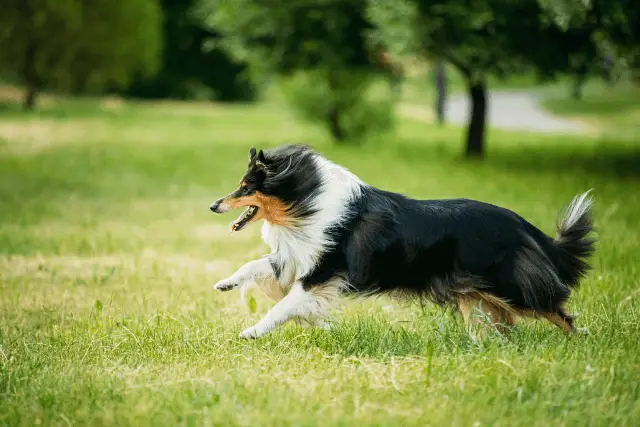
Shetland Sheepdog breeders
This isn’t the most common breed in the world, so make sure that the Shetland Sheepdog breeder you decide to buy a dog from is a reputable and respected one. A good breeder will take proper care of their dogs’ physical and mental development and will never sacrifice one so the other gets better.
A responsible breeder will answer all your questions about this breed and will help you make an informed decision about getting a Sheltie.
Responsible breeders will breed dogs that don’t only look good but have great characters as well. You must find a good Shetland Sheepdog breeder that can help you learn about this breed and make an informed choice about getting a dog with these characteristics.
Buying a dog from a responsible breeder will cost you more money, but you can be sure that you will get a healthy puppy. When you bring your new puppy home, start with the training and socialization immediately. By doing so, you will end up with a well-behaved dog whom you can trust.
Provide him with enough daily exercise for him to be happy. If you devote your time and energy to this dog, you can be sure that you will end up with a companion for life.
SEARCH SHETLAND SHEEPDOG BREEDERS
World Dog Finder team

Updated at31.08.2023.
Breed History
Shetland Sheepdog was bred on the Shetland Islands in the UK. Mostly they were employed by the farmers for herding purposes. Because of their size, Shetland Sheepdog dogs eat less than their close relatives, and that is extremely important because the food was scarce in their homeland.
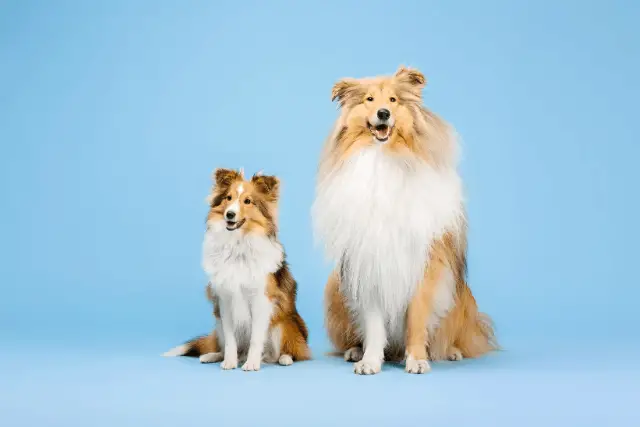
This breed was first known as a Shetland Collie, but they change their name to Shetland Sheepdog after a lot of Collie enthusiasts and fanciers insisted.
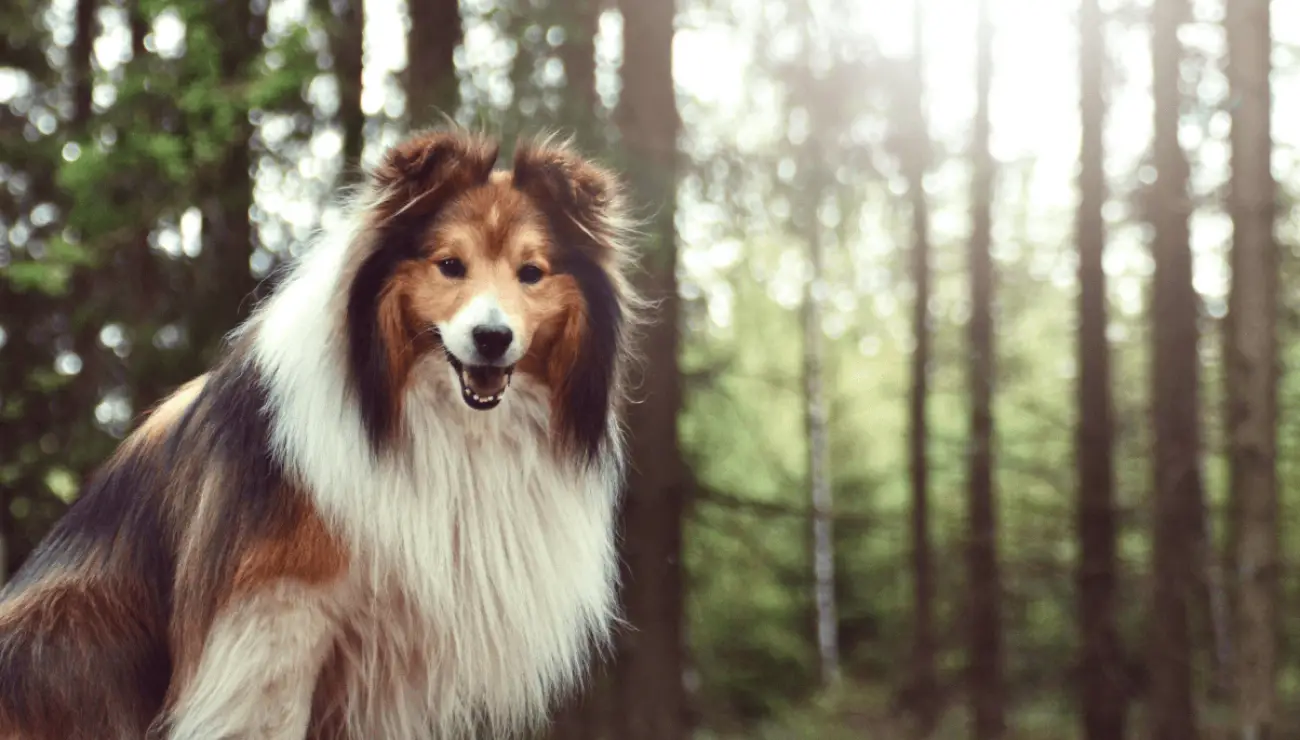
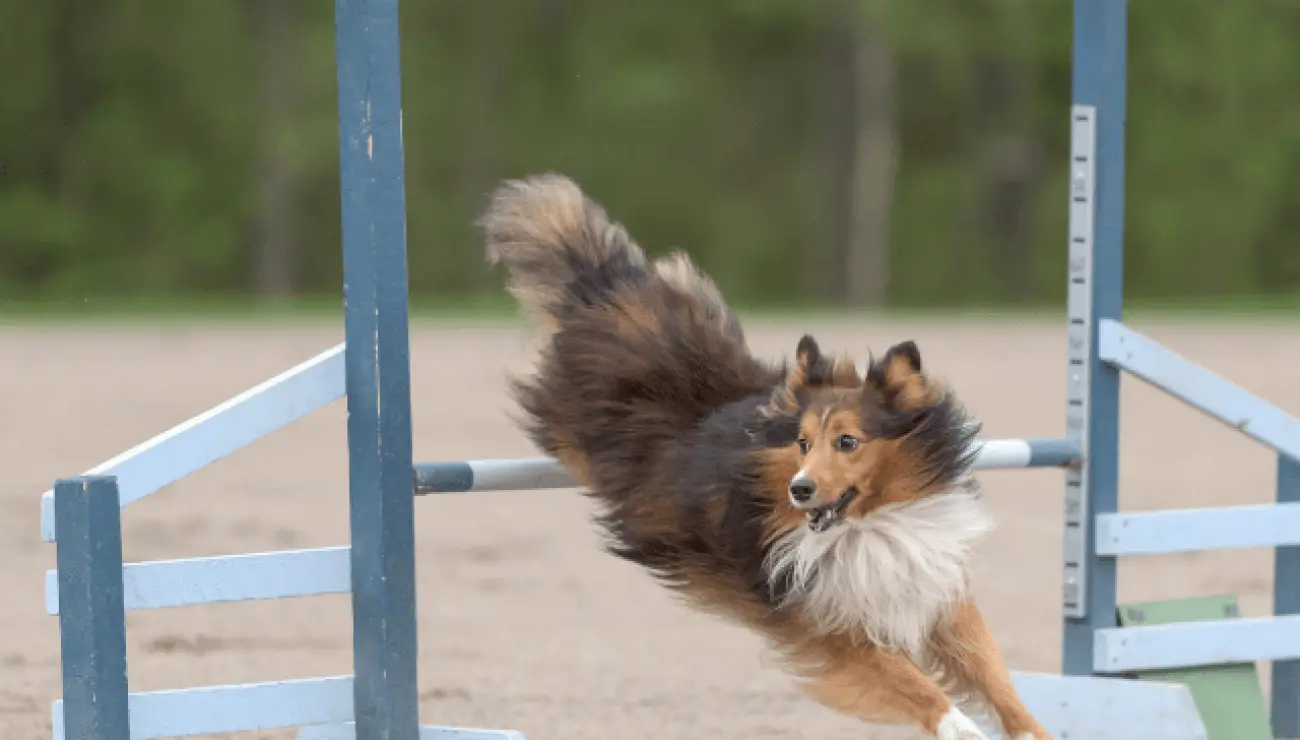
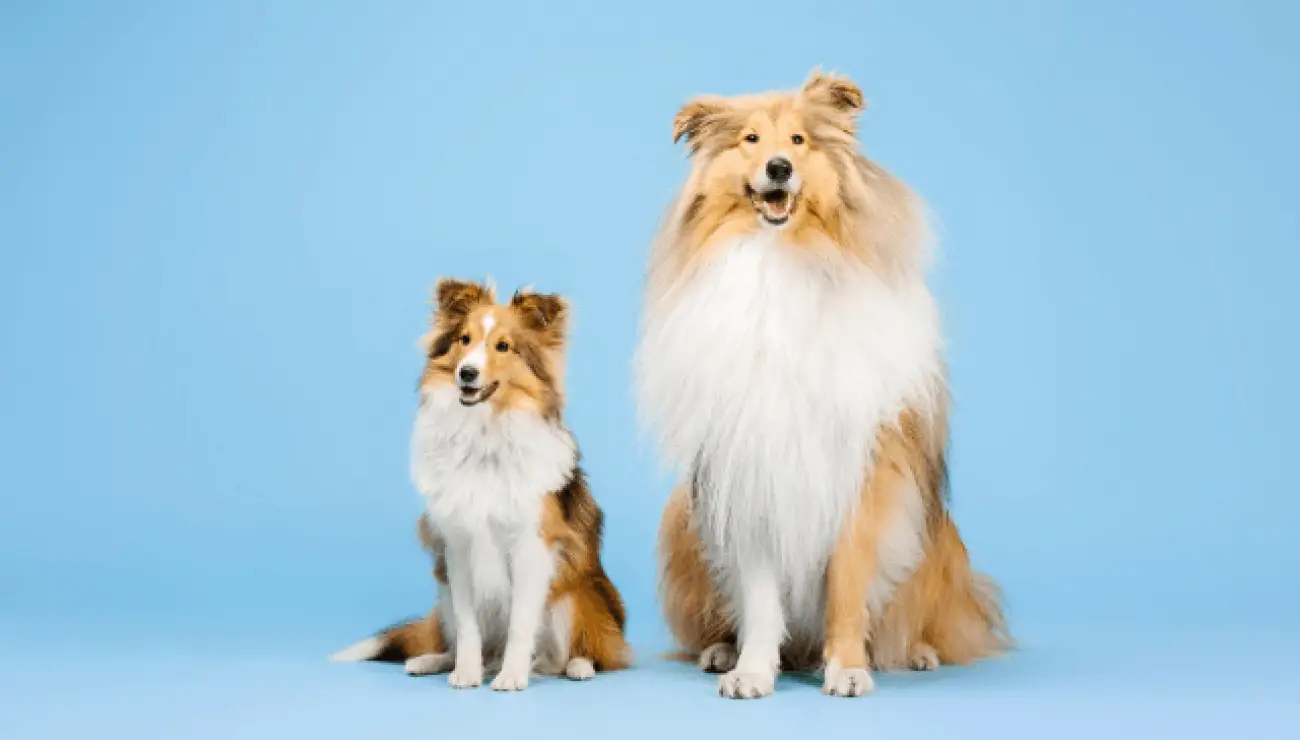
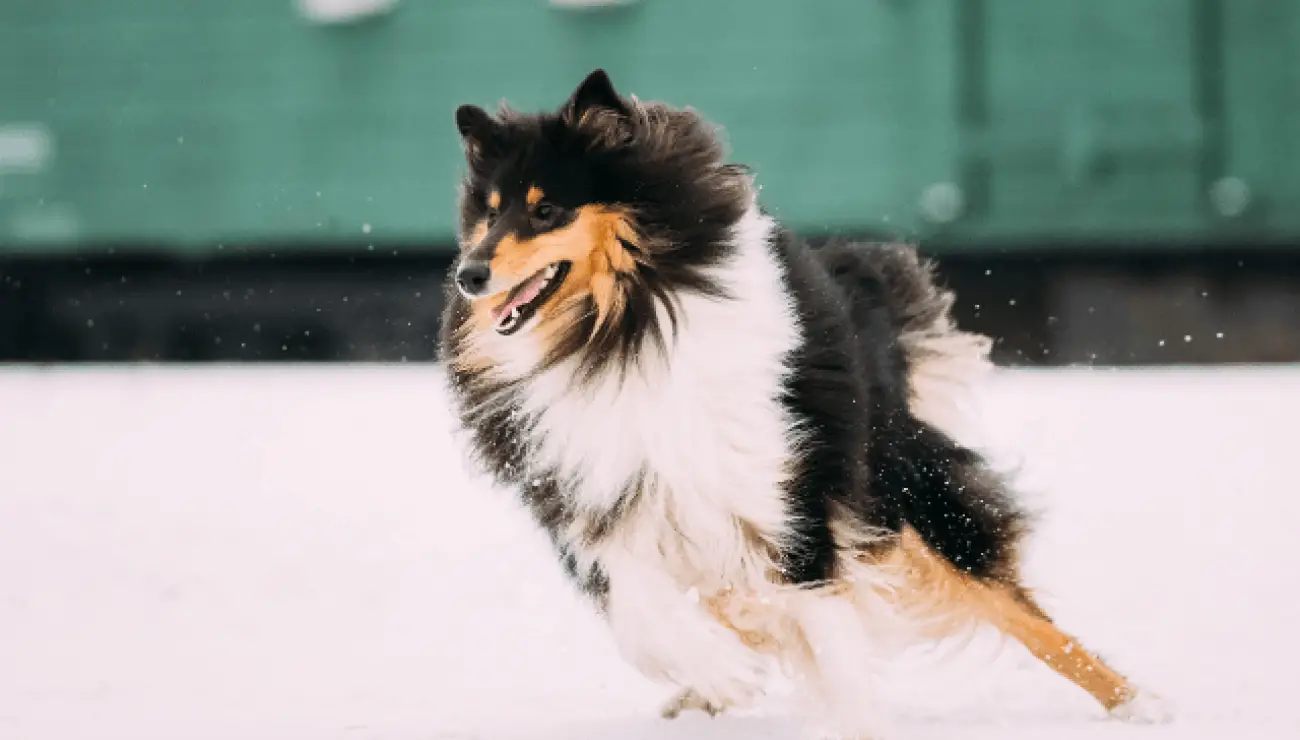
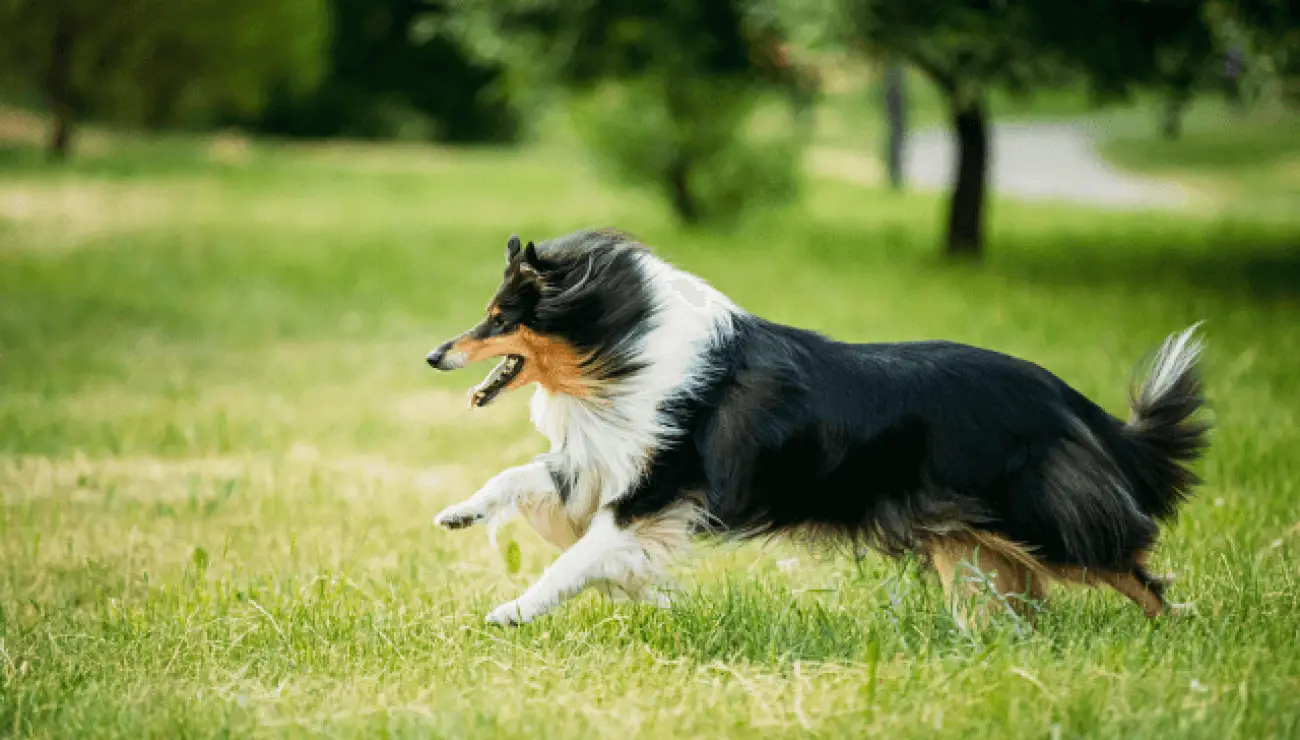
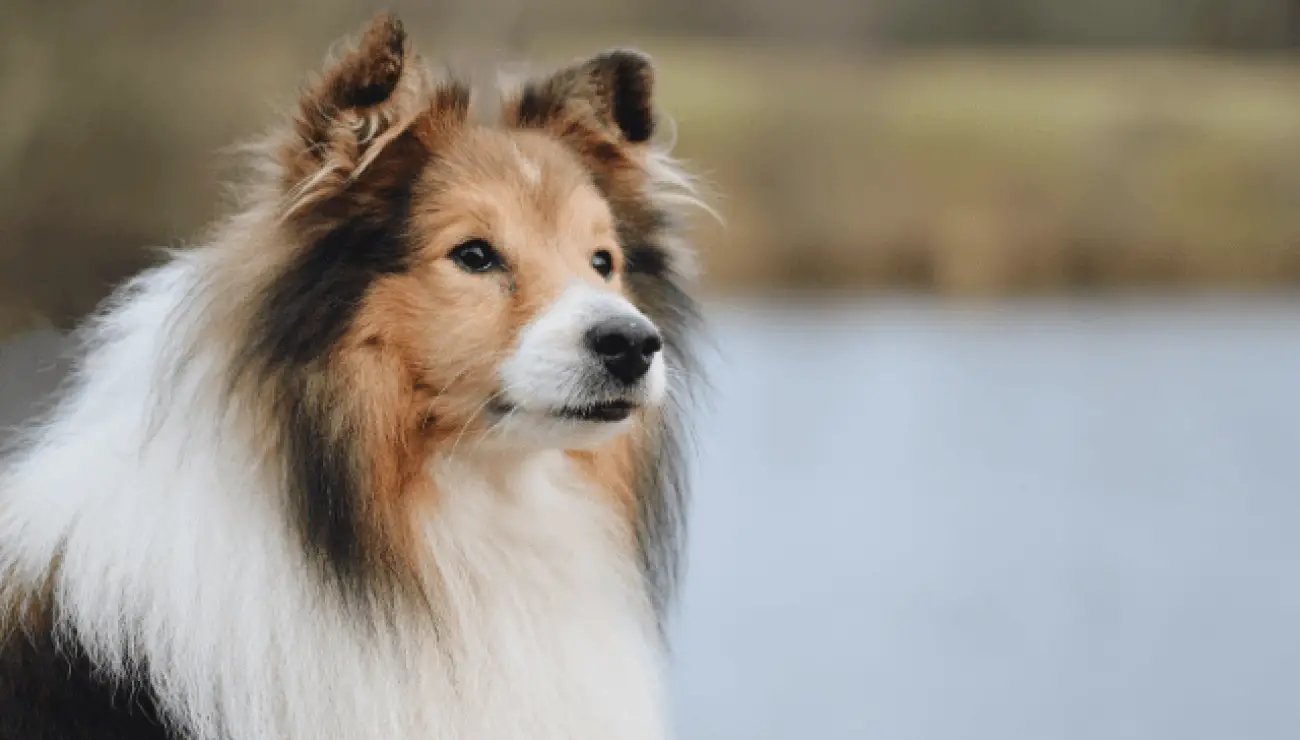
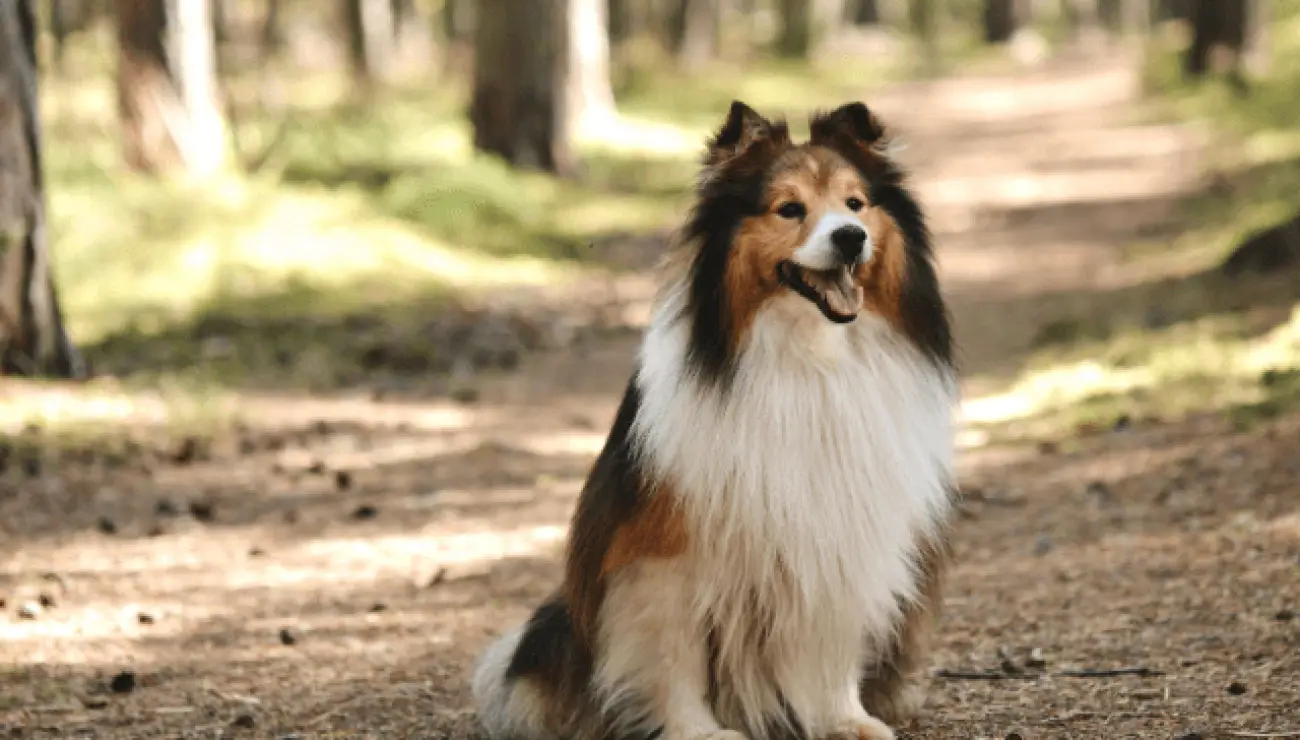





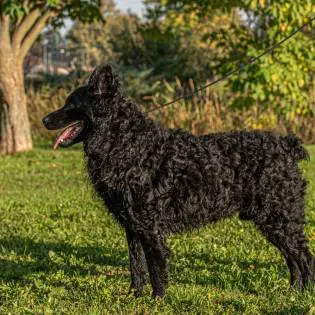

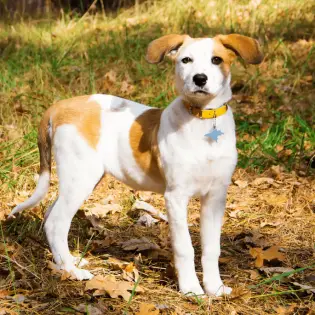



Share